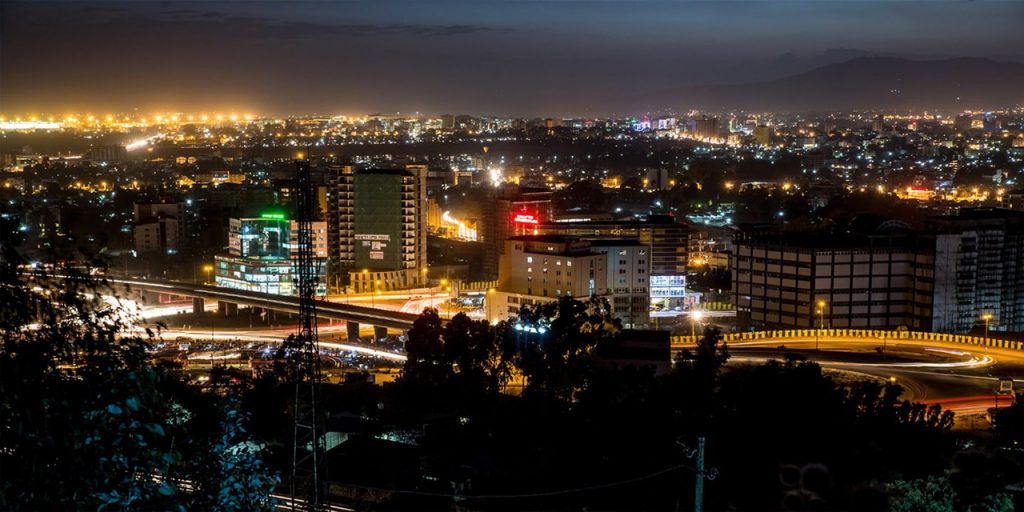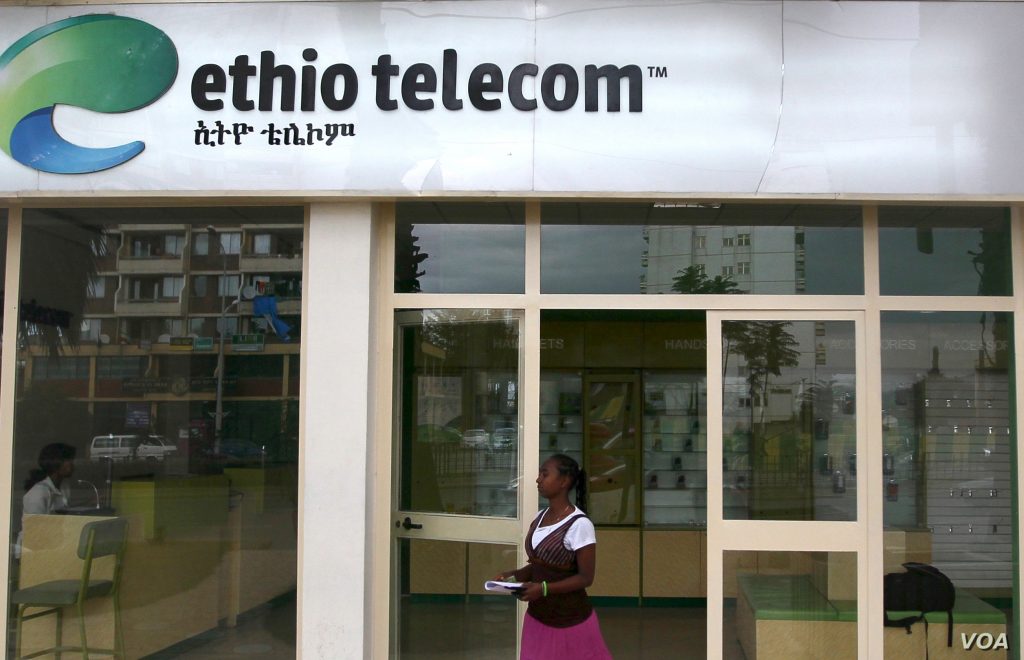TechInAfrica – In today’s modern world, connectivity is everything. From online instant messaging, social media activity, to complex integrated e-mails and websites that are run by millions of strings of code define what our current society is. Even in developing countries of Africa where technology growth is at its pinnacle, internet connection lay foundation of almost every single element that’s around us. It’s depicted as a house of cards—we’ve built a system so complex, so dependent to one another, that if a single component went awry, the entire structure would fail. Internet connection is that single component.

In Ethiopia, home of the renowned Sheba Valley—home where the nation’s technology is at its zenith of evolution—authorities have disrupted connectivity nationwide. This internet blackout coincides with the country’s national exams, which leads many to speculate that this blackout was initially intended to prevent students from cheating on their respective exams. Social media platforms like WhatsApp and Telegram were restricted and SMS services were also disabled. This, in return, left many state-owned and private-owned companies very limited flexibility to carry out their routines.
Several tech companies and/or laboratories in Sheba Valley were also heavily affected by this government policy. iCog, an artificial intelligence lab in Addis Ababa, Ethiopia, claimed that hours of productivity ‘were wasted’ because of the referred policy. In addition, clients from outside Africa could potentially see the robotics laboratory as incompetent and unprofessional; in working the joint projects to develop various machine learning protocols.
Getnet Assefa, founder and chief executive of iCog, admitted that expansive market with strict internet access already positions young African tech geeks far from where the tech startups are competing for triumph every day. According to Assefa, the government should also consider the long-term effects of these blackouts, particularly for the growing tech scene where internet connection is deemed as one of the most crucial contributors. For every day Ethiopia goes without internet connection, the country loses over $4.4 million, estimated by NetBlocks.
When it comes to disrupting communications network, Ethiopia isn’t the only victim. Nearly all states in Africa have suffered from the same problem where internet connections would be blocked and social media platforms would be restricted. These difficulties vary with each given context; a political uprising, preventing cheating in exams, and even during an election period. Signal disruptions are getting more and more frequent that they slowly began to be the ‘new normal’. State-owned telecommunication companies like Ethio Telecom often refuse to comment about the matter, leaving citizens in the dark.

A number of people in the African tech industry, namely Adam Abate who runs Apposit, even took drastic measures and moved temporarily to other countries where internet connection was still available just to have connectivity. Albeit the cutoff doesn’t exactly happen too often, but the fact that it’d most likely happen once a year restricts the adaptivity of most African residents.
When Abiy Ahmed, the new Ethiopian Prime Minister took office in April 2018, a new policy has been drafted to privatize a number of state-owned institutions and companies—including those operating in the field of telecommunications. It is more than likely that foreign investors will soon be involved in the referred privatized companies.
Source: qz.com



